
Rutger Rosenborg
Browse all of our reports, featuring our analysts' expert insights and analysis of audience segmentation, emerging trends and technologies, value chains, market shares, predictions and more – backed by our proprietary survey data and bespoke models & forecasts. Become a subscriber to get new ones every month, or just pick one to get started.

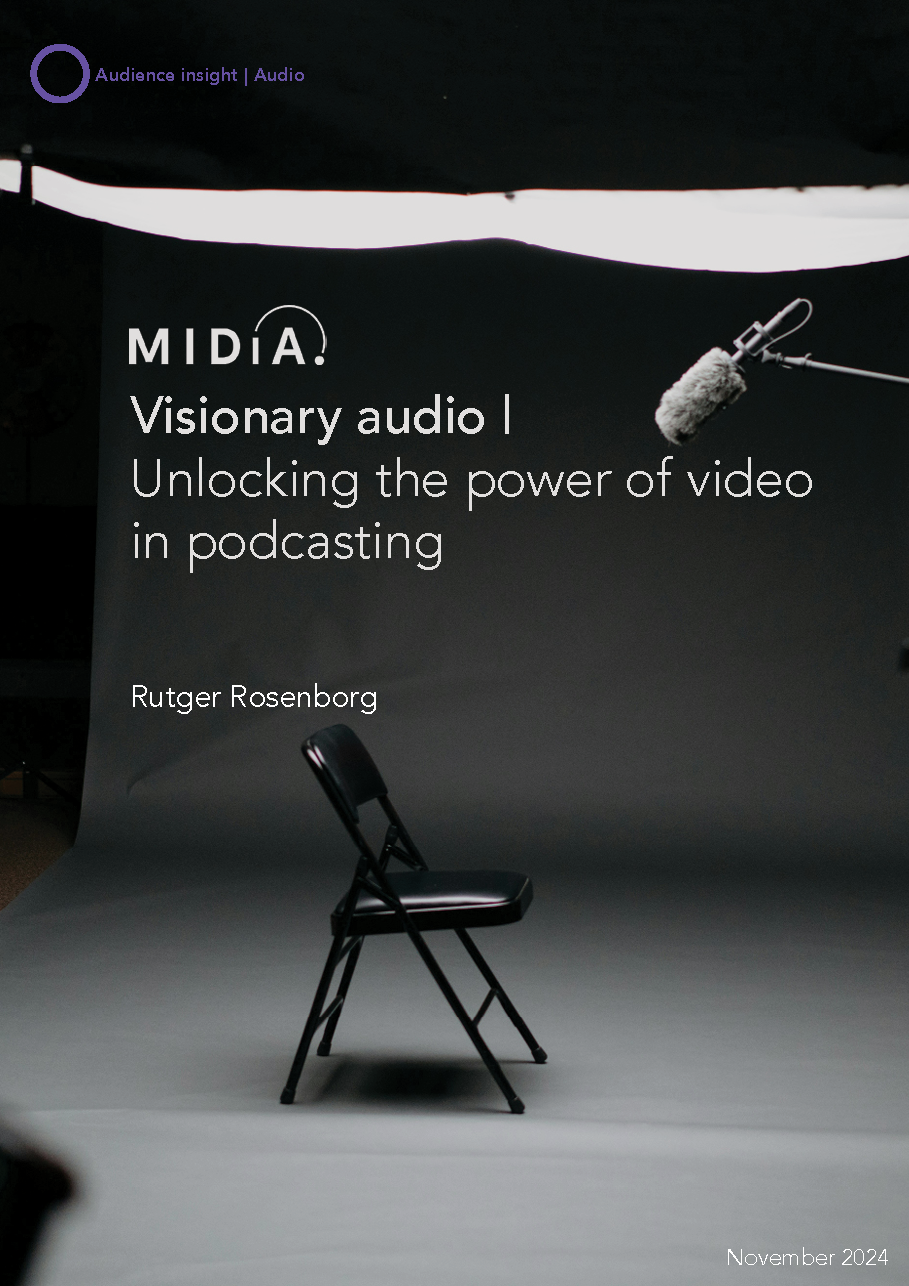
Visionary audio Unlocking the power of video in podcasting

Is Spotify’s new monetisation model unlocking the power of video in podcasting?

What Acast's Q3 earnings signal about the global podcasting market

Political podcast advertising: Will the ‘podcast election’ open the door for political ads in podcasts?

AI and ad exchanges are helping podcast advertising grow — but who benefits most?

Music in podcasts: Engaging superfans with a new album campaign strategy

Subscriptions are not the future of podcast monetisation
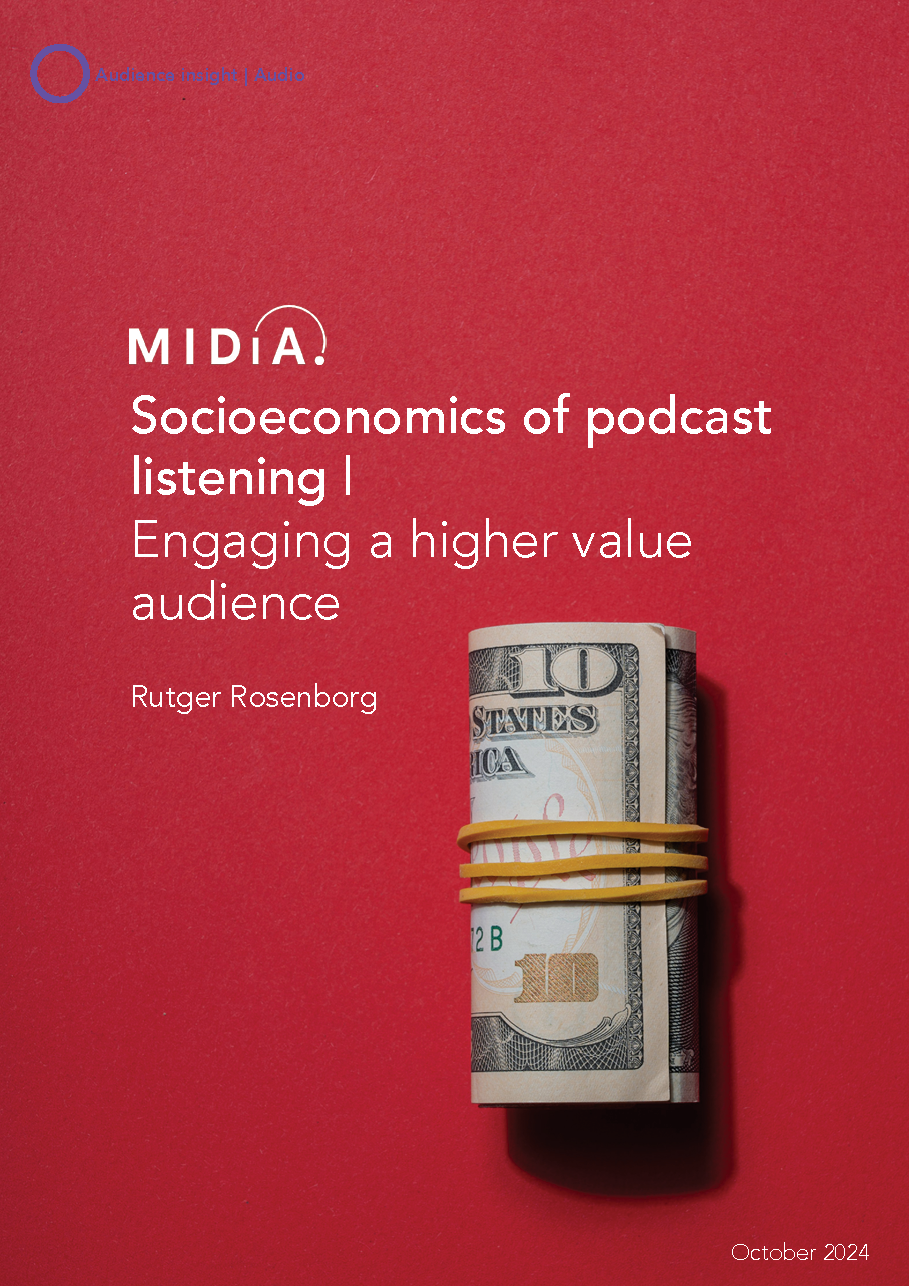
Socioeconomics of podcast listening Engaging a higher value audience
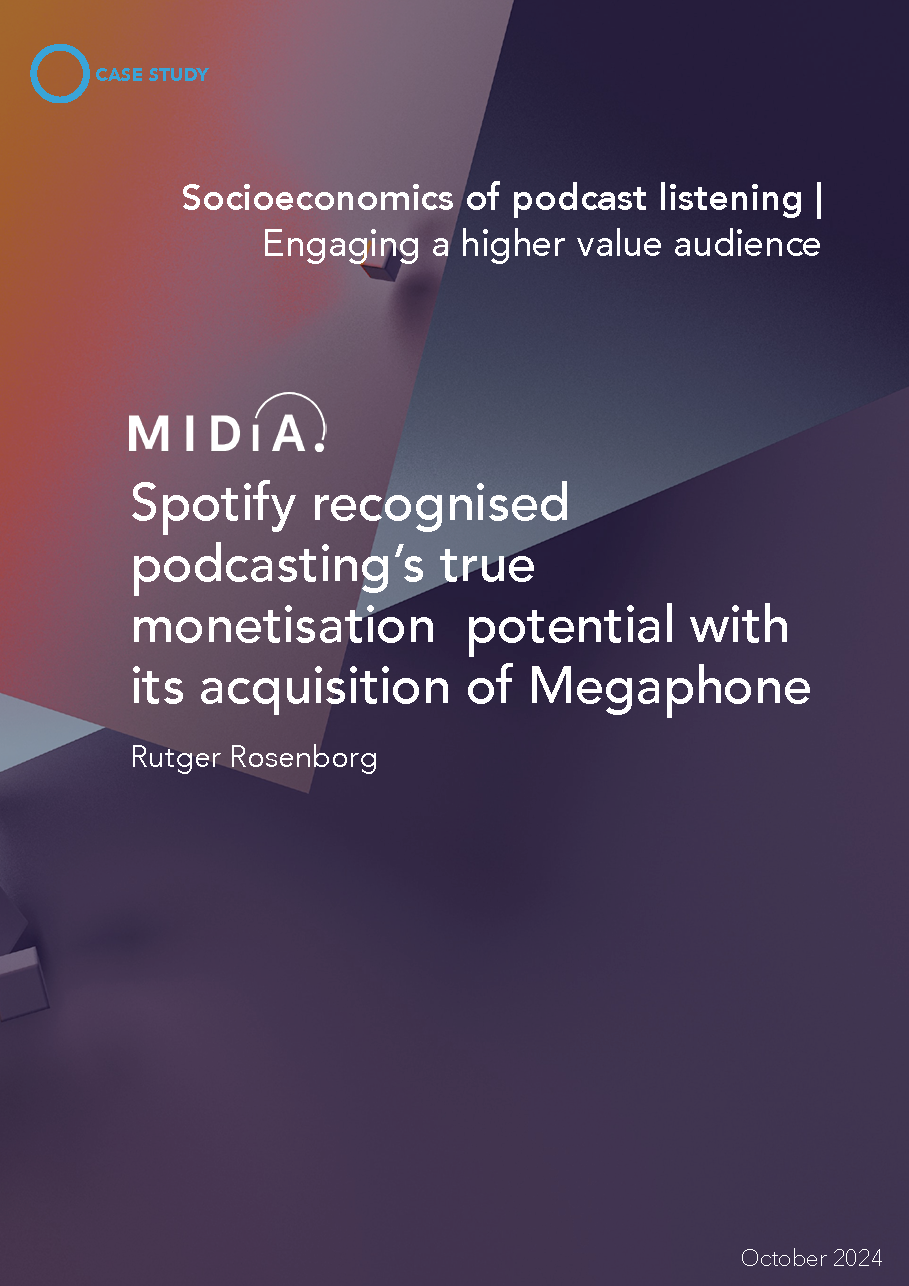
Spotify recognised podcasting’s true monetisation potential with its acquisition of Megaphone
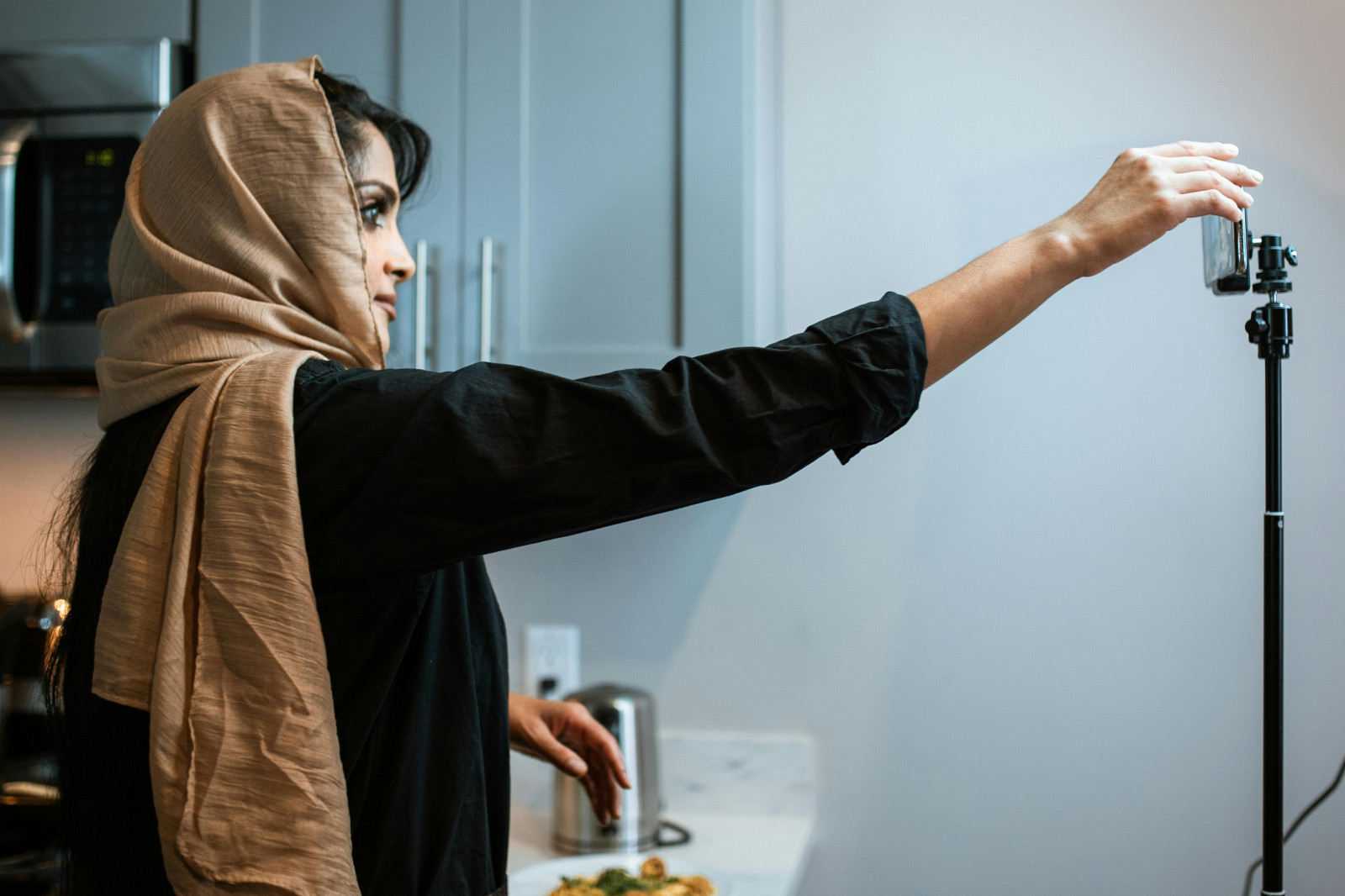
Beyond video podcasts: Spotify’s investment in video creators reveals its format agnosticism

AI podcasts: Google’s NotebookLM will disrupt — not destroy — podcasting

As audio goes long-form, podcasts and audiobooks converge
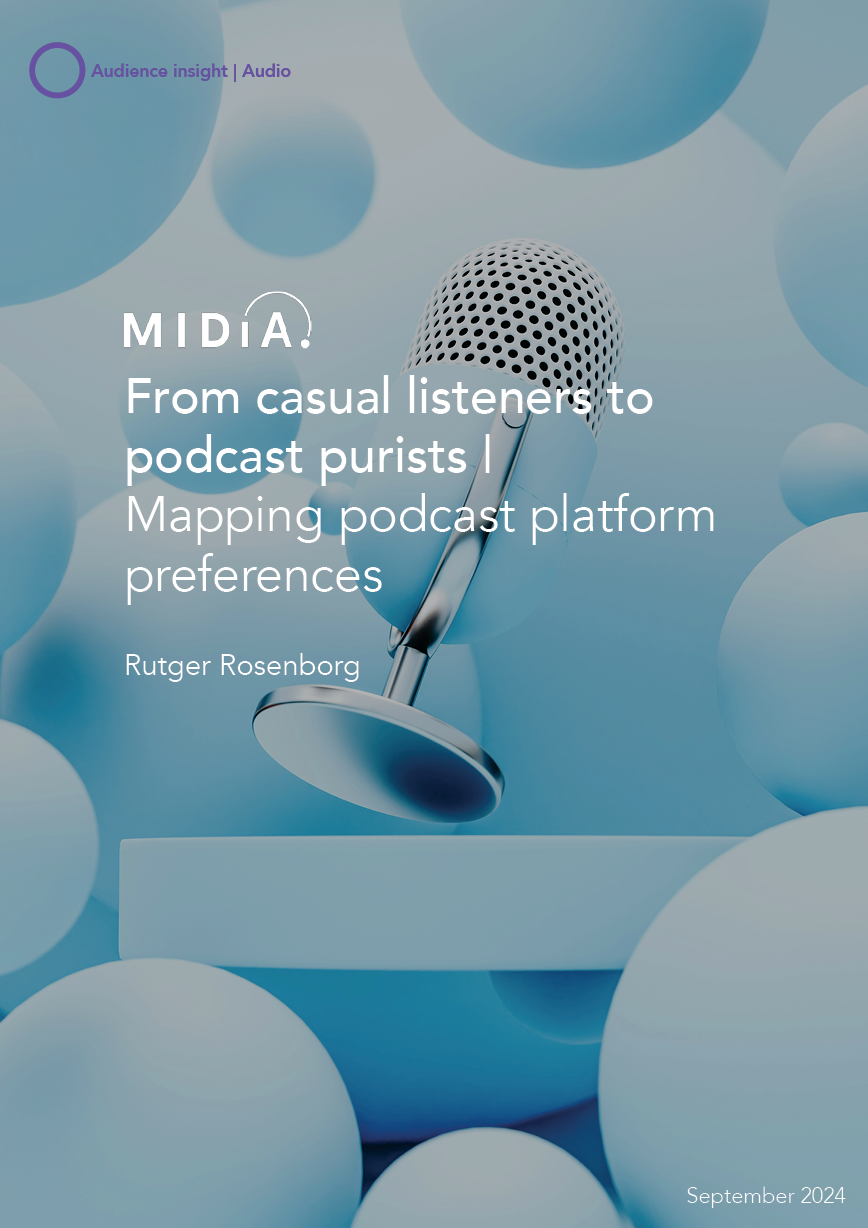
From casual listeners to podcast purists Mapping podcast platform preferences
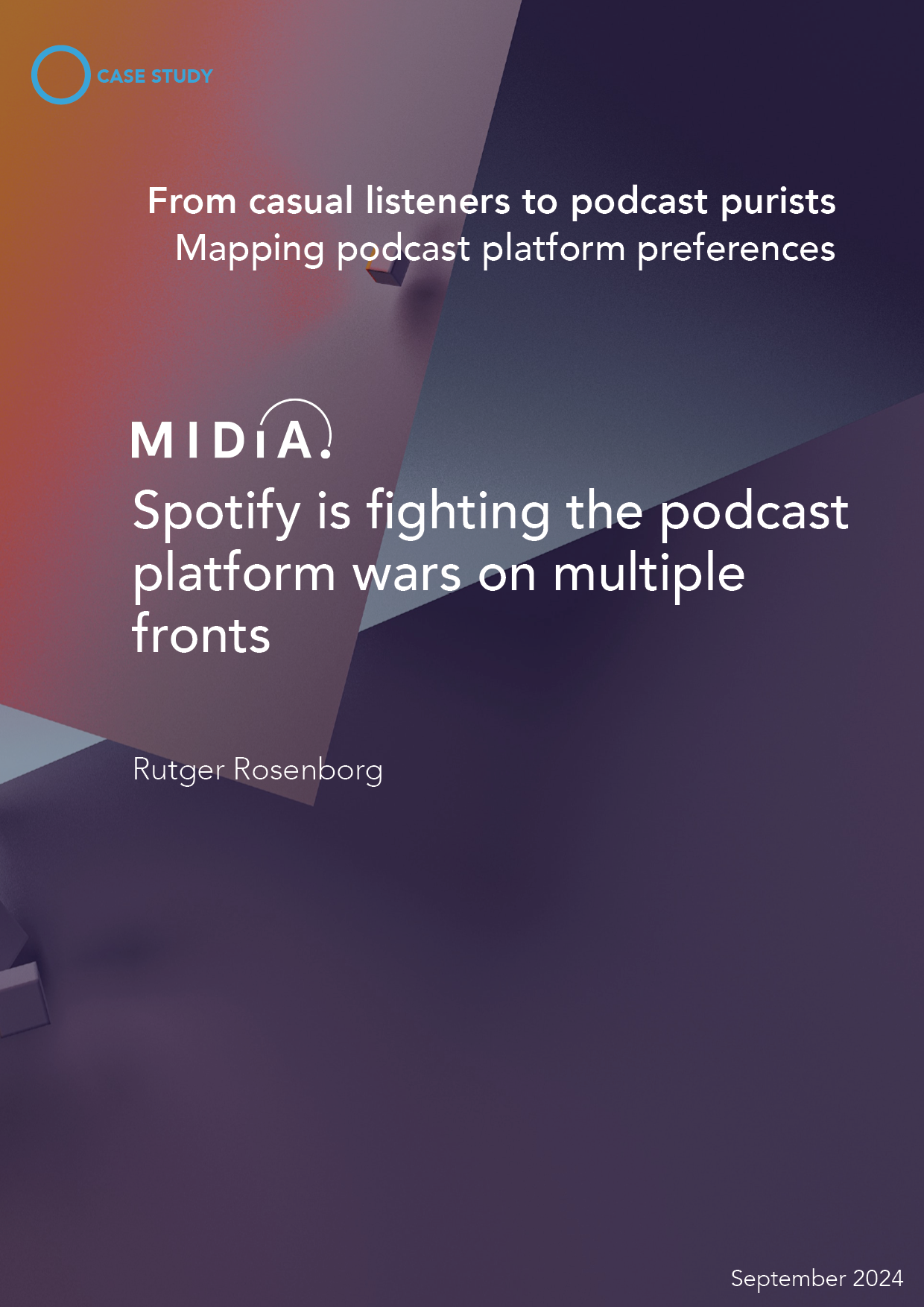
Spotify is fighting the podcast platform wars on multiple fronts
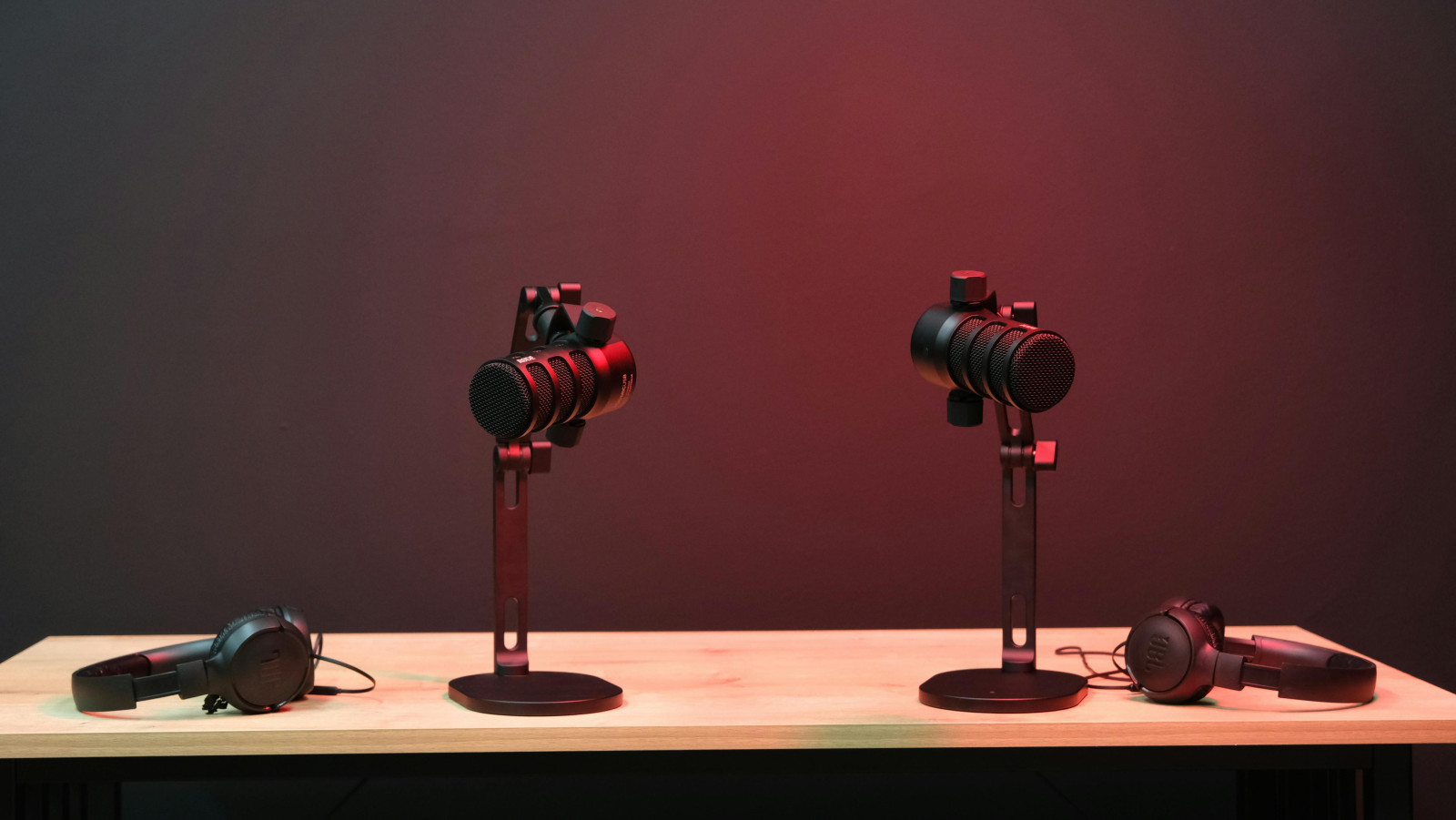
As Big Tech courts everyone, niche platforms must understand podcast purists

Advertising remains podcasting’s best monetisation opportunity

Apple’s podcast accessibility play — too little, too late?

As Spotify cuts back on podcast creation, opportunities arise for competitors in Latin America

